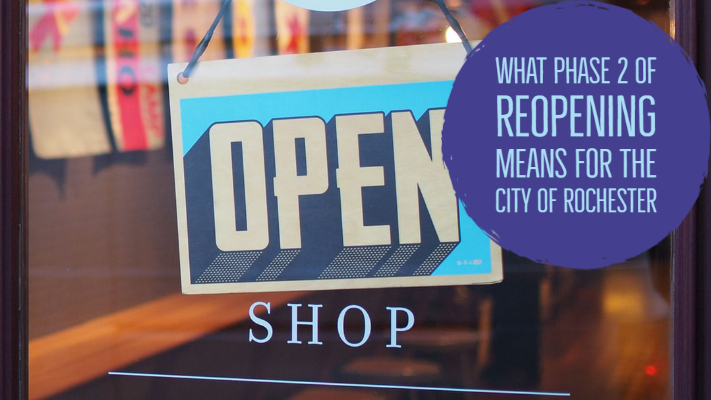 According to a recent report from the New York State Industries for the Disabled, Inc. (NYSID), Western New York is leading the way to a more fair, more equal employment environment — both on the national and state-level scales. In total, NYSID’s 2013 report found that WNY is responsible for creating 690 new jobs for disabled New Yorkers, 55 of which were in Ontario county alone. The inspiring statistics point to a concerted effort on the part of state agencies, local groups, and a coalition of local business owners, all of whom believe that disabled Americans deserve to work just as much as anyone else.
According to a recent report from the New York State Industries for the Disabled, Inc. (NYSID), Western New York is leading the way to a more fair, more equal employment environment — both on the national and state-level scales. In total, NYSID’s 2013 report found that WNY is responsible for creating 690 new jobs for disabled New Yorkers, 55 of which were in Ontario county alone. The inspiring statistics point to a concerted effort on the part of state agencies, local groups, and a coalition of local business owners, all of whom believe that disabled Americans deserve to work just as much as anyone else.
A Continuation of New York’s Push for Equality
This latest news highlights New York State’s ongoing commitment to the American ideal that we are all equally entitled to life, liberty, and the pursuit of happiness. Despite the fact that Title VII of the Civil Rights Act of 1964 states that no American may be discriminated against or otherwise harassed on the basis of race, religion, national background, sex, or age, and the Americans with Disabilities Act of 1990 further protects disabled Americans from the same offenses, discriminatory practices in the workplace based on these protected categories remain rampant throughout the United States. Western NY, as can so clearly be seen, is leading the charge against these antiquated practices.
Of course, New York’s push for equality doesn’t stop with its protection of the aforementioned protected groups. While the federal government continues posturing and wasting time arguing over the Employee Non-Discrimination Act (ENDA), an act that would protect Americans on the federal level from discrimination based on sexual orientation, NYS already affords these protections to its citizens. Since 2003, New Yorkers who identify themselves as members of the LGBT community are protected from harassment and discrimination in the workplace because of their sexual preferences. In other words, Western New York’s campaign to offer high quality jobs for all Americans is just a continuation of why the state remains so far ahead of the rest of the country when it comes to civil rights.






No Comment